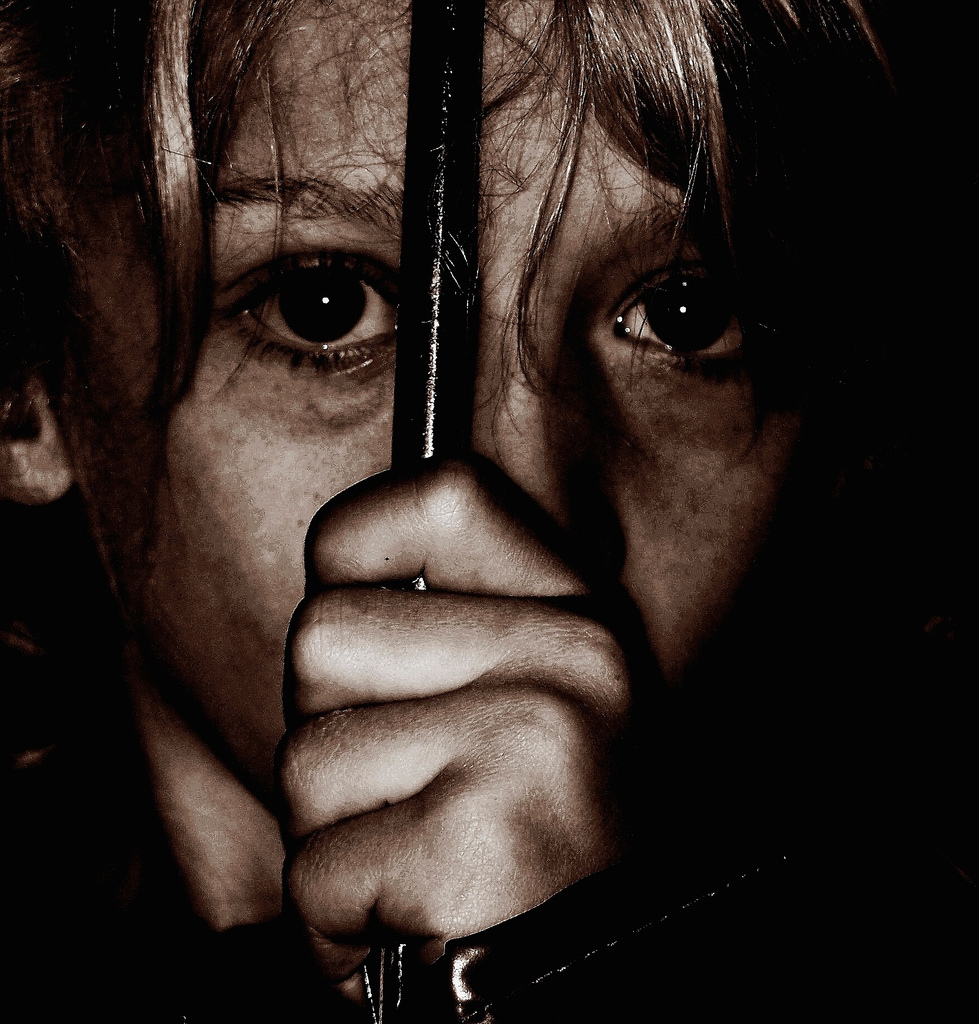NO CHILDHOOD IS “PERFECT”, NO CHILDHOOD IS THE SAME
In my own personal experience, the stressors I encountered
during my young childhood remain troublesome regarding my state of mind.
Stressors like WAR between my mom and dad led me -a three year old, afraid of
fun and laughter. I feared separation of my mom and I feared my dad’s voice.
POVERTY taught me, as a child, to never take anything for granted because the
little things that I did have I admired and held on to since I did not often
get anything growing up. It was my imagination that gave me everything when I
closed my eyes. VIOLENCE raged in my childhood. My dad was an angry man and I didn’t
know why. His violence showed through his hands and his actions. I learned not
to speak and I learned hard lessons by the whip of a belt. At 5 years old, I
did not know any better. I did not know leaving my toys in the hallway was bad
or took what I thought was interesting even though it wasn’t mine. By my dad’s
violence, I was isolated to my room for hours or days -forgotten. I then
learned to isolate myself from even my best friend. The stressors I experienced
as a child seemed like a domino effect toppling over one another. Even though
my childhood is behind me, I still fear and my emotions today are like tripped
wires. But… these stressors have not destroyed me because I found my own
identity.
Around the world, there are children who have or are currently
struggling with relative stressors as I have experienced or they are
experiencing stressors I could not imagine. Every day children are falling
victim to stressors that create such a great impact on who they are, how they
live, how they grow, and how their childhood evolves. Not as children, but as
human beings the overall effect of such stressors effects the body emotionally,
physically, and even psychologically as I have experienced.
WAR
In countries like Libya, today
war is currently in conflict with militias competing for ultimate power and
territory. Because of this competition children are emotionally, physically, and
psychologically affected by loss, change, exploitation, and exposure to hazards
and weapons. Children are fearful caught between the need for survival and
death. Libya’s population consists of 2 million children which is 1/3 of its
population. For that many children, war is putting children at a higher risk of
emotional, physical, and psychological damage in the long run (UNICEF, 2011)

POVERTY
Malawi, located in southeastern Africa is considered on the
poorest countries. Due to the lack of government assistance and illegal
activities to name a few children are affected by the downfall of their own
community. Lacking essential resources and adequate living conditions the need
for growth and learning is simply not provided. This dissipates future ambition
and heightens low self-esteem. Poverty meaning no food, no medical, and no
educational outlets effects children emotionally and psychologically (ex. www.savethechildren.org,
n.d.).
VIOLENCE
In countries like the United
States, an estimated three million children are abused (ChildHelp, n.d.). This
is alarming. Children who are physically and emotionally abused are prone to
become withdrawn as adults or become aggressive as their aggressors were to them. Children
often experience fear and severe anxiety as well as difficulty forming
relationships and building trust. Abused children or children who have
witnessed violence create self-image of helplessness or worthlessness as I
have.

ISOLATION
There are many styles of
isolation. Isolated by another person or isolating one’s self emotionally and
socially can be temporary or chronic. Children in Libya who are experiencing war,
children in Malawi who have little to nothing to survive on, and in the United
States where children are abused or witness violence can become isolated
emotionally, physically, and psychologically. To avoid stressors on any level
or in any aspect children use isolation to survive -to hide.


LAST THOUGHTS
Despite the world’s diversity,
cultural differences, or what goes on on one side of the world than the other
stressors are unavoidable in childhood. Every child experiences one traumatic
event at some point. It may be temporary or it may have a lasting impact
emotionally, physically, or psychologically.
War for me was war between my
parents. Children in Libya are experiencing greater wars. I had water and food
and education as I got older but children in Malawi have little. This breaks my
heart. And children in the United States (and in other parts of the world) are
victims of all kinds of abuse and witnesses to violence such as domestic. For
me, I was one of them but I was able to rebuild myself and find who I was. Some
children are less fortunate.
Works cited
Child
Abuse Statistics & Facts. (n.d.). Retrieved from ChildHelp:
http://www.childhelp.org
Malawi.
(n.d.). Retrieved from Save the Children: http://www.savethechildren.org
The Effects of
Domestic Violence on Children. (n.d.). Retrieved from Domestic Violence
Roundtable: http://www.domesticviolenceroundtable.org
The Poorest
Countries in the World. (n.d.). Retrieved from World Atlas:
http://www.worldatlas.com
Tidey, C. (2011,
July 12). Libya's other crisis: 2 million children at physical and emotional
risk as conflict drags on. Retrieved from UNICEF: http://www.unicef.org




